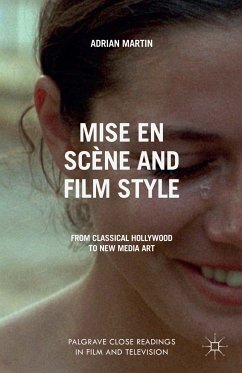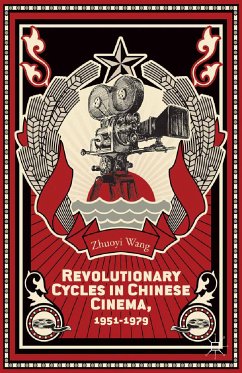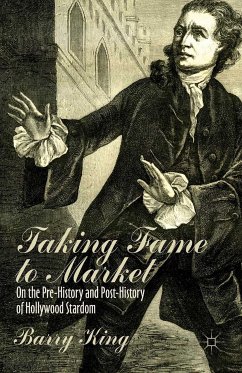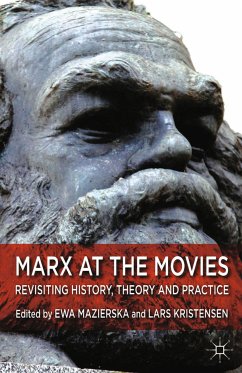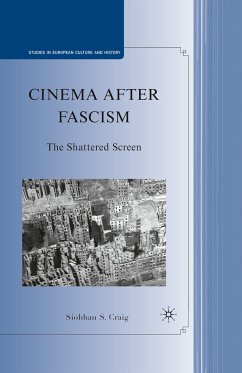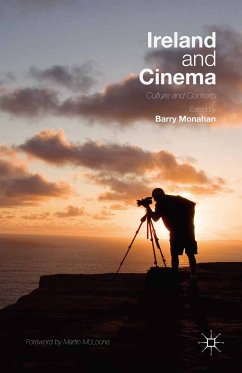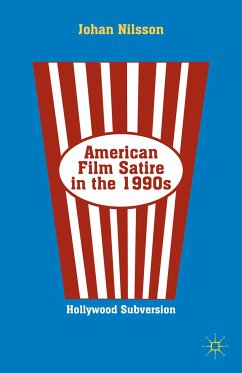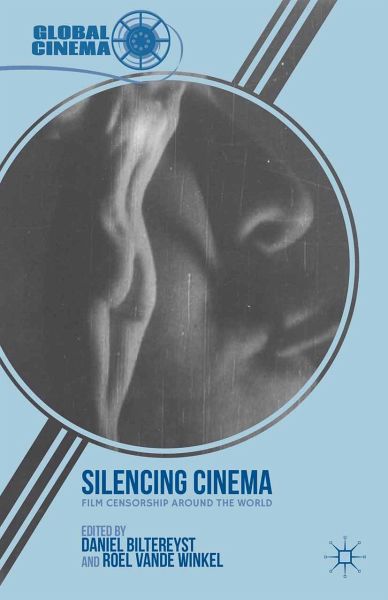
Silencing Cinema (eBook, PDF)
Film Censorship around the World
Redaktion: Biltereyst, D.; Winkel, R. Vande
Versandkostenfrei!
Sofort per Download lieferbar
40,95 €
inkl. MwSt.
Weitere Ausgaben:

PAYBACK Punkte
20 °P sammeln!
Oppression by censorship affects the film industry far more frequently than any other mass media. Including essays by leading film historians, the book offers groundbreaking historical research on film censorship in major film production countries and explore such innovative themes as film censorship and authorship, religion, and colonialism.
Dieser Download kann aus rechtlichen Gründen nur mit Rechnungsadresse in A, B, BG, CY, CZ, D, DK, EW, E, FIN, F, GR, HR, H, IRL, I, LT, L, LR, M, NL, PL, P, R, S, SLO, SK ausgeliefert werden.



